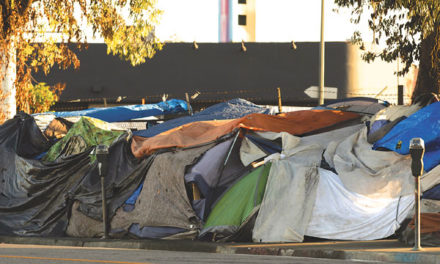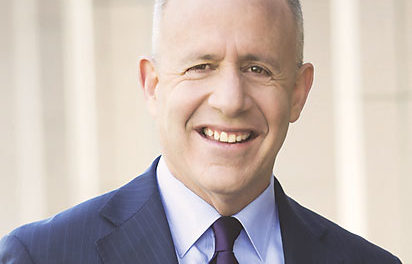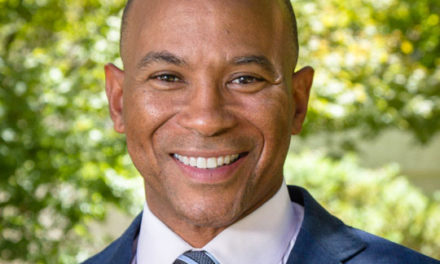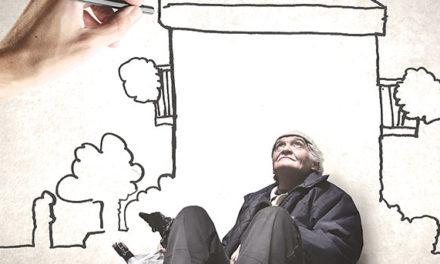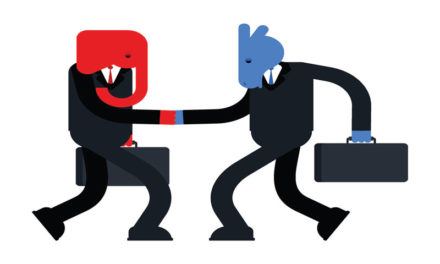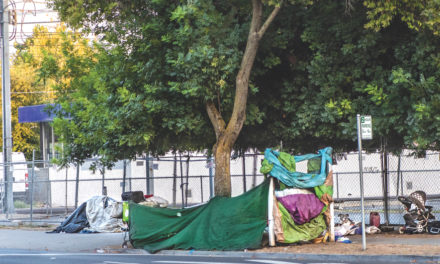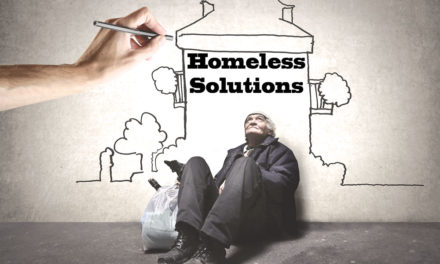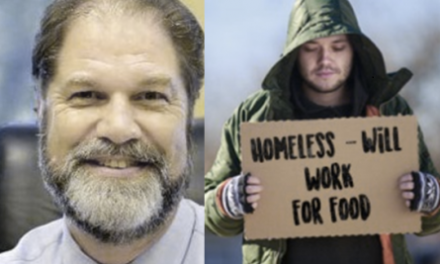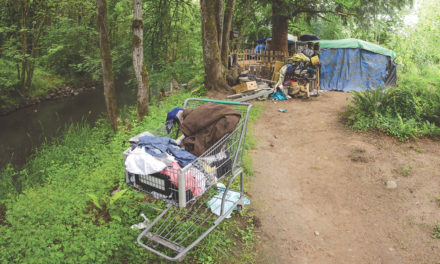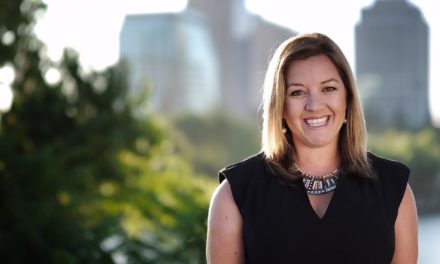‘Not Humane’
Why can’t state help mentally ill homeless?
By John M.W. Moorlach
August 2019
The homelessness problem keeps getting worse.
A survey released June 26 found Sacramento County’s homeless count jumped 19 percent the past two years, to an estimated 5,570. A study released three weeks earlier found Los Angeles County’s homeless population rose 12 percent in the past year, to almost 59,000—despite massive new spending to combat the crisis.
California is home to almost 25 percent of the nation’s homeless population, yet makes up only 12 percent of the total population.
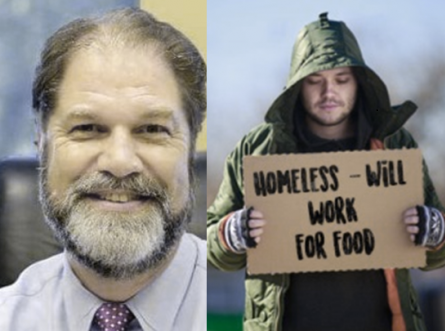
Obviously, California’s homeless need more housing. That’s why in 2018 I co-authored Senate Bill 1206, the No Place Like Home Act, with then-Sen. Kevin de Leon (D-Los Angeles).
The bill resulted in Proposition 2, last November’s successful ballot measure. It provided $2 billion in funding for housing mentally ill homeless people.
But housing is just a
part of the answer. Another major problem is mental illness, which drives many homeless people to live on the street. Why are they allowed to stay there?
The problem stems from civil commitment reforms created in the late 1960s that made it too difficult to care for individuals with serious mental illnesses if they refused treatment. As a result, many institutions that involuntarily housed mentally ill people were closed.
Reforms began with the 1967 Lanterman-Petris-Short Act, written as a reaction to abuses occurring at the time. The LPS Act changed our civil commitment process in California. The result? Mentally ill individuals migrated to the streets, then often to county jails. Then and now, the outcome is not humane.
In April, Dr. Drew Pinsky, a noted psychiatrist with many years of clinical practice, explained the situation to me on his radio show.
“Psychiatric symptoms are given privileged positions in the law,” he said. “Not just the pathology, but the actual symptoms themselves are being privileged over the well-being of the individual displaying those symptoms, the safety of that individual, our ability to render care to them and the safety and sanitation of the surrounding community.”
Basically, our society has decided that someone shouting aimlessly on the street and eating out of garbage cans is not cause to treat him or her involuntarily for mental health issues.
I was on Pinsky’s show to advance SB 640, which I authored at the doctor’s suggestion. SB 640 sought to clarify the definition of “gravely disabled” and tie in an individual’s capacity to make informed decisions about his or her personal well-being.
The bill was shelved this year, but these definitional changes would have expanded treatment opportunities for our most vulnerable, put them into conservatorships and housing involuntarily, and helped diminish the inhumane neglect they currently suffer.
My office is putting together research for when the Senate reconsiders SB 640 next year. In January, an audit of the 1967 LPS Act should be finished. Let’s hope the State Auditor provides recommendations to help the Legislature reassess what the state must do.
Cost is another concern. As an accountant, I take money seriously. Currently, under Section 5150 of the state Welfare and Institutions Code, a person can be held involuntarily for up to 72 hours “for assessment, evaluation, and crisis intervention, or placement for evaluation and treatment in a facility designated by the county.”
If that period of holding is extended, hospitals are concerned their costs will rise.
So it’s imperative to locate funding sources. Private charities are crucial. In Orange County, where I was a county supervisor from 2006 to 2014, Mind OC and Be Well OC help find beds for those who need special assistance. And the county is one of the few that has a county-operated health system and is using CalOptima dollars to provide solutions.
Another source could be the Mental Health Services Act, passed by voters in 2004 as Proposition 63, which imposed a 1-percent tax on incomes of $1 million or greater.
While an Orange County supervisor in 2013, I worked with then-State Sen. Darrell Steinberg to pass SB 585. It allowed money from the Mental Health Services Act to fund Laura’s Law, a 2002 state law that created “an assisted outpatient treatment program for any person who is suffering from a mental disorder and meets certain criteria.”
Resources are available, but the problem always returns to the purported civil rights issue—that mentally ill homeless people have a right to refuse all treatment.
As Pinsky said, this is “privileging pathology over wellness.” From his clinical experience, he explained, when people finally get treated for their mental condition, “They’re furious when that happens. They go, ‘People left me in that condition? And look how good I am now? Who did that?’”
We don’t let our seniors with dementia fend for themselves. Why would we do the same with our severely mentally ill?
Homelessness clearly needs a two-pronged solution: first, more involuntary housing; second, reform of the 1967 LPS Act.
I’ll be working to improve the language in SB 640. The public has to understand that stranding people with serious mental illnesses on our streets is crueler than housing and treating them against their will.
As homelessness keeps getting worse, the need for this solution will become more obvious.
Sen. John M.W. Moorlach (R-Costa Mesa) represents the 37th District in the California State Senate. His Sacramento office phone number is (916) 651-4037 and his website is https://moorlach.cssrc.us/.








